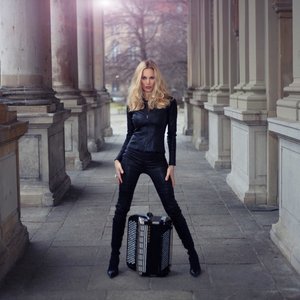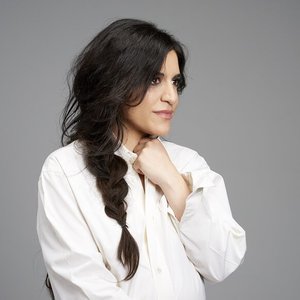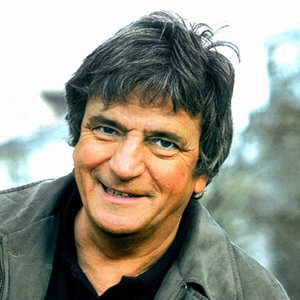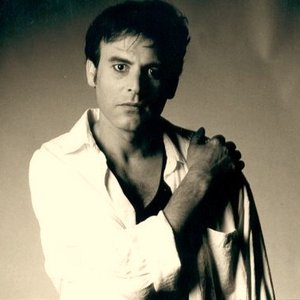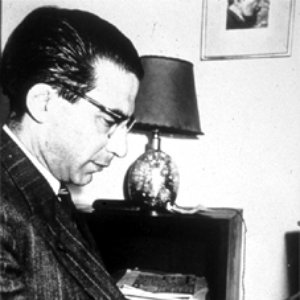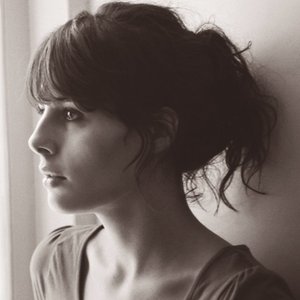Biography
-
Born
15 July 1966 (age 57)
-
Born In
Paris, Île-de-France, France
Irène Marie Jacob (born 15 July 1966) is a French-born Swiss actress considered one of the preeminent French actresses of her generation. Jacob gained international recognition and acclaim through her work with Polish film director Krzysztof Kieslowski, who cast her in the lead role of The Double Life of Véronique, starring in the dual role of Veronika, a Polish singer with a heart condition, and Three Colors: Red. She sings the song Willow in the 1995 film adaptation of Shakespeare's Othello and has recorded duets with Vincent Delerm (Vincent Delerm and Kensington Square) and with Weeper's Circus.
Irène Jacob was born in Suresnes, France, a western suburb of Paris. The youngest child with three older brothers, she was raised in a highly educated and intellectual family and environment: her father was a physicist; her mother, a psychologist; one brother, a musician; and two brothers, scientists. In 1969, at the age of three, Irène moved with her family to Geneva, Switzerland, where she became interested in the arts. She made her stage debut in 1977 at the age of eleven. She attended the Geneva Conservatory of Music and earned a degree in languages (she speaks English, German, French, and Italian).In 1984, she moved to Paris, where she studied acting at the prestigious Rue Blanche (the French national drama academy). Also, she studied at the Dramatic Studio in London, England.
In 1987, Jacob returned to Paris, where the 21-year-old drama student obtained her first movie role in the Louis Malle film Au revoir, les enfants, playing the part of a piano teacher. She followed her film debut with six additional French movies—mostly minor roles—in four years. In 1991, Polish film director Krzysztof Kieślowski cast her in the lead role of his film The Double Life of Véronique, the allegorical story of two young women, one in Poland and the other in France, both of whom are played by Irène Jacob. For her performance, Jacob won the Best Actress Award at the Cannes Film Festival.
From 1992 to 1993, despite numerous offers from Hollywood that came in the wake of her success—including the lead role in Indecent Proposal—Jacob focused on smaller French films. In 1994, Jacob again earned international acclaim as the protagonist in Kieślowski's Three Colors: Red, which received three Academy Award nominations for Best Director, Best Cinematography, and Best Original Screenplay. The film was also named Best Film or Best Foreign Film by the National Board of Review, New York Film Critics Circle Awards, National Society of Film Critics Awards, and Los Angeles Film Critics Association Awards. It received Cesar Award nominations for Best Film, Best Actor (Jean-Louis Trintignant), Best Actress (Irène Jacob), Best Director (Krzysztof Kieślowski), Best Writing (Krzysztof Kieślowski and Krzysztof Piesiewicz). The New York Times included the film in its list of "The Best 1000 Movies Ever Made."
From 1995 to 1999, Jacob made a series of American and European films that met with varying degrees of commercial and critical success. In 1995, she appeared in six films, including Victory, with Willem Dafoe and Sam Neill; Michelangelo Antonioni's Beyond the Clouds; and Oliver Parker's adaptation of William Shakespeare's Othello, in which Jacob spoke all of her lines in English for the first time on film. In the following years, she made several moderately successful American films, including Incognito (1997); U.S. Marshals (1998), starring opposite Wesley Snipes and Tommy Lee Jones; The Big Brass Ring (1999), with William Hurt; and the entertaining History Is Made at Night (1999), with Bill Pullman and Bruno Kirby.
Beginning in 2000, Jacob's film career slowed down, and after a series of independent—mostly European—films, she revived her theatre career. In 2000, she played the title character in Madame Melville opposite Macaulay Culkin in London's West End, which was crucial to her further development as an actress. She continues to make films.
Artist descriptions on Last.fm are editable by everyone. Feel free to contribute!
All user-contributed text on this page is available under the Creative Commons Attribution-ShareAlike License; additional terms may apply.

